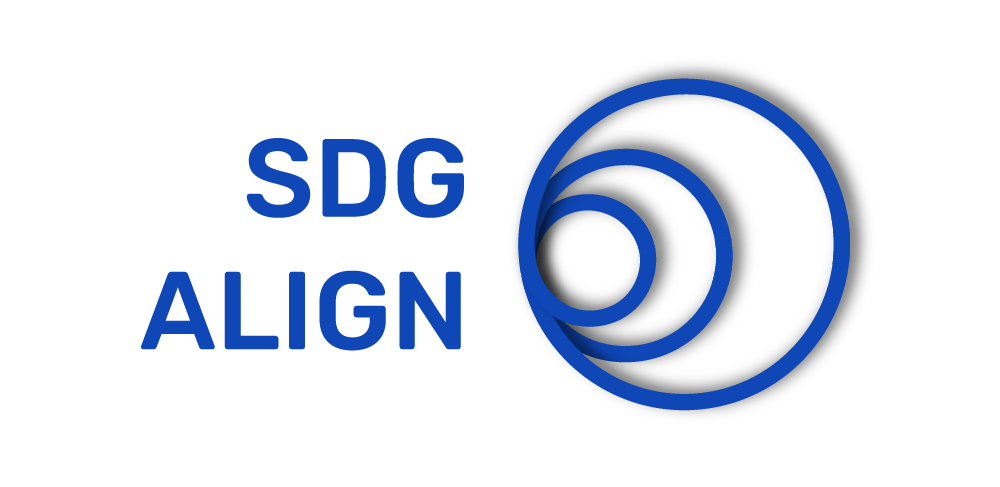The Sustainable Development Goals (SDGs) are a set of 17 goals adopted by the United Nations in 2015 to end poverty, protect the planet and ensure prosperity for all. SDG 10 is focused on reducing inequalities within and among countries. This goal calls for eliminating discriminatory laws, policies and practices, and promoting equal opportunity for all.
Only when all people have the opportunity to prosper will the world prosper.
A fair go for all
We all know Australia is a ‘melting pot’ of multiculturalism but we are still a long way from embracing this diversity. Our first nations are still fighting for recognition and a voice. Migrants continue to experience disadvantage and lack of opportunity. Discrimination continues based on ethnicity as well as religious and self identity. If we want to be proud of our ‘fair go’ culture we need to do more to reduce inequalities.
Although SDG 10 is closely aligned with SDG 5 – Gender Equality, it takes a broader approach to equality between and within countries. It also takes a broader view in terms of social and economic status, religious beliefs, level of ability/disability and cultural background. This spotlights the opportunity for us all to be more mindful of our biases and how we actively respond, both as individuals and as businesses.
What does this mean for business?
As businesses we have many opportunities to reduce inequality. We employ people, we buy inputs and services, we operate in communities and we sell products and services.
How actively do we consider the social and economic impact of all of these actions? And why should we? Well, because it is the right thing to do! but also, it is good for our people, our community and our business.
Many businesses are struggling to attract and retain talent but or not actively creating opportunity outside their traditional pool. Not only does increasing diversity increase the available audience, it brings incredible benefits in terms of innovation, creativity and staff engagement.
Inclusive Recruitment at Work – Diversity Council of Australia
- 31% of Australian organisations say they can’t find workers to fill jobs
- 3,000,000 Australians are looking for work or want more work
Businesses operate in communities. Reflecting the diversity of your community in your people, products and services increases brand reputation. How you engage with and support you community reputation, builds trust and loyalty.

What can you do? Make it personal!
I, like many of us, have ingrained unconscious bias that can impact if, and how, I embrace diversity. I was raised at a time when difference was not celebrated, it was ridiculed. Those that didn’t fit our ideal were at best joked about, or worst excluded or exploited. This upbringing influenced how I thought and acted. It is only with self awareness and through personal and professional reflection that I came to realise that it is me that must change to embrace diversity rather than everyone else changing to fit my view of normal.

It takes conscious effort to challenge and negate this bias and to make change to our personal and business practice.
A fair go for all citizens; where do I start?
We need to actively consider how we design jobs, promote opportunities and engage staff to be consciously inclusive. Can we make small changes that will create a more accepting place for people with disabilities to work.
- We need to make sure or business culture supports, or even better embraces diversity.
- We need to understand the diverse nature of the community we operate in, and then make sure we are supporting that diversity through our direct actions, sponsorships and local procurement.
- We can actively support first nations, female and migrant founded businesses or those who share our commitment to diversity.
- We must ensure or products, and particularly our marketing, is inclusive and accessible by all.
Related SDGs
What can your business do and why does it matter?
The first step for businesses is to put Sustainable Development on their business horizon. This will help innovation and to create sustained and sustainable growth.
Secondly, from a people perspective you can review policies and procedures to ensure you are taking the best care possible of your biggest asset, your people. Don’t forget that even if you are a sole trader you need to take care of yourself.
Thirdly, you can also look beyond your own business and consider the your supply chain. The business you buy from, sell to, or collaborate with are likely on the same journey as you. Buy local where you can and make sure your suppliers are also doing the right think by their people and the planet – lead by example!
What does sustainable development mean to you?
Do you want to know how your business can make an impact towards a sustainable future and support SDG 10 – reducing inequalities – a fair go for all citizens?
Our self-assessment (SDG alignment tool) will help you understand how you can align with your stakeholders and be the change you want to see.










